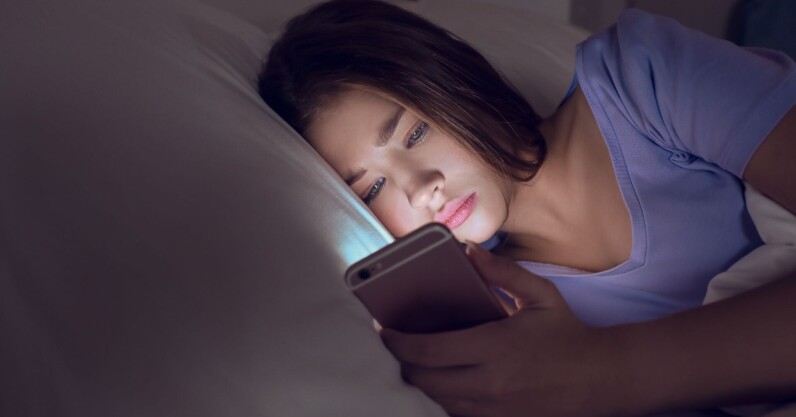
A Spanish government-appointed committee of experts has recommended that smartphones sold in the country carry health warning labels. The advice comes amid mounting concern about the effects of smartphone use, particularly among young people.
The experts published their findings in a 250-page report, seen by newspaper El País. The document details ways the government could crack down on what the panel calls a “public health epidemic”.
Proposals include banning digital devices for kids under three and restricting their use for those between three and six, except in rare cases. The report also advises rolling out so-called “dumbphones” for teens up to 16 and discouraging social media use entirely for children under 12.
The experts also took aim at educational apps with “instant gratification” mechanics. They recommend their removal from schools to avoid negative impacts on learning. Schools should focus on analogue teaching for younger students and limit digital tools in early education, they said.
What day is today? It’s CYBER MONDAY!
TNW Conference is offering an exclusive 30% discount on their startup and scaleup programs this week only. This is the best deal you’ll get before prices change in January.
On the public health front, the panel pushes for recognising tech-related mental health issues — like addiction and anxiety — as pressing health concerns. It suggests adding screenings for digital overuse into routine doctor visits.
The report calls for mandatory health warnings on digital devices, detailing potential risks like overuse and exposure to harmful content — similar to the ones on cigarette packets, but presumably not as extreme. Similar warnings should pop up on screens when certain apps or platforms are accessed.
The sweeping recommendations aim to reframe how Spain approaches tech and its youngest users.
Around half of children in Spain own a smartphone by the time they turn 11. In the UK, this figure is around 90%. The majority of these kids also use social media.
Studies have linked excessive use of apps like Facebook, Instagram, and TikTok to an increase in cases of depression, anxiety, and diet-related issues among youth.
In France, a government-commissioned study said in April that children should not be allowed to use smartphones until they are 13. Meanwhile, Australia made headlines recently for banning social media entirely for under 16s, in a groundbreaking, but controversial, move.
In Spain, the government introduced draft legislation in June that, if passed, would include default parental controls on smartphones, a national campaign to educate children and teens on social media use, and raising the minimum age you can open a social media account from 14 to 16.
While Spain’s digital safeguards for kids sound great on paper, rolling them out won’t be easy.
For starters, good luck getting kids to fess up their real age online. Even harder though might be convincing greedy tech companies to add warnings and default controls that would no doubt affect their revenue.
Big ideas, sure, but execution might take a little longer than that next TikTok scroll.

































































